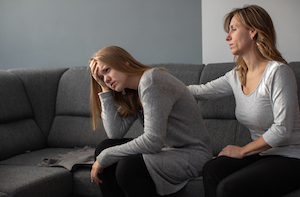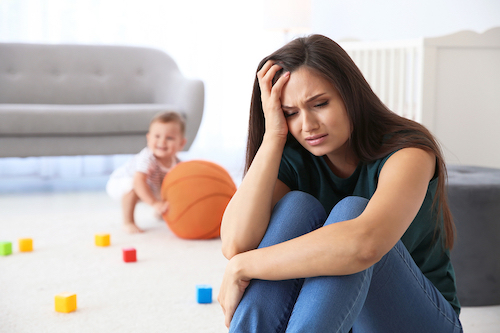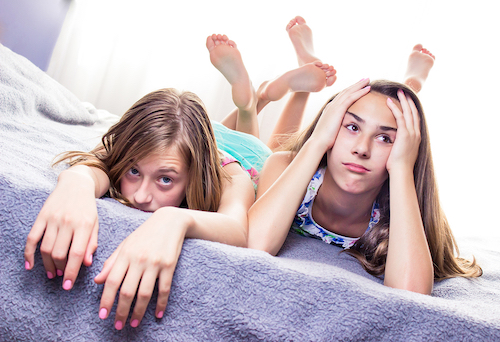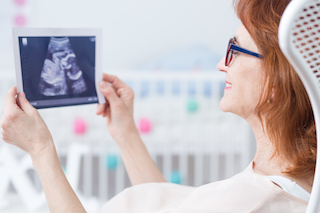April 14, 2020
by Patricia Tomasi

A national survey by the Federal Substance Abuse and Mental Health Services Administration found that 11.4 per cent of 12 to 17-year-olds were depressed in 2014. Ruby Walker was one of them. Her book, Advice I Ignored: Stories and Wisdom from a Formerly Depressed Teen is the only book on teenage mental health written by a teenager. It answers the question everyone's been asking her: What happened?
[More]
March 23, 2020
by Elizabeth Pratt

Children who blame themselves for their mothers being unhappy are more likely to experience depression and anxiety.
[More]
February 22, 2020
by Elizabeth Pratt

Adolescents who spend too much time sitting still and engaging in sedentary behaviour are at an increased risk of depressive symptoms.
[More]
February 11, 2020
by Patricia Tomasi

You are what you eat or so the saying goes. But is it true? A new review published in the Journal of European Neuropsychopharmacology looked at nutritional psychiatry and what the research says about mental health and the food we consume. While there is data that shows an association between mental health and nutrition, research is lacking when it comes to causality.
[More]
January 31, 2020
by Elizabeth Pratt

Older refugees can experience high rates of depression even decades after immigrating.
A study that looked at Canadians between the ages of 45 and 85 found that refugees were 70 per cent more likely to experience depression when compared with those born in Canada, even if they immigrated decades earlier.
[More]
December 31, 2019
by Elizabeth Pratt

As married couples get older and develop more chronic conditions the demands placed on them can lead to worsening mental health.
[More]
December 10, 2019
by Patricia Tomasi

Here are some sobering statistics. According to a survey of 1000 Americans, 47 per cent of men and 40 per cent of women binge drink more on New Year’s Eve than during any other holiday. In a study done by Alcohol Monitoring Systems, though they were fully aware that they were being monitored, over 450,000 DUI offenders still drank 33 per cent more between Thanksgiving and New Year’s Day. Why is it so hard to stay sober during the holidays?
[More]
November 26, 2019
by Patricia Tomasi

A recent study on gender minority mental health in the U.S. gathered information from a national survey on college campuses among undergraduate and graduate students. “I have been conducting transgender health research for more than a decade,” study author Sari Reisner told us. “Routine collection of gender identity data as a population demographic is vital to public health. The disparities seen in this study offers an example of why these data are so urgently needed.”
[More]
October 31, 2019
by Elizabeth Pratt

Critics argue teens spend too much time staring at screens, and that this is responsible for a rise in rates of depression and anxiety in teenagers.
But researchers from Brigham Young University have found that might not be true.
[More]
October 15, 2019
by Patricia Tomasi

The average age of women giving birth is on the rise. Most countries participating in the Organization for Economic Cooperation and Development (OECD) experienced a two to four-year increase in the mean age of women giving birth. At the same time, adolescent fertility rates remain high in low and middle-income countries. A new study published in the Journal of Psychiatry Investigation examined the impact of age at childbirth on the maternal mental health of premenopausal women in Korea.
[More]